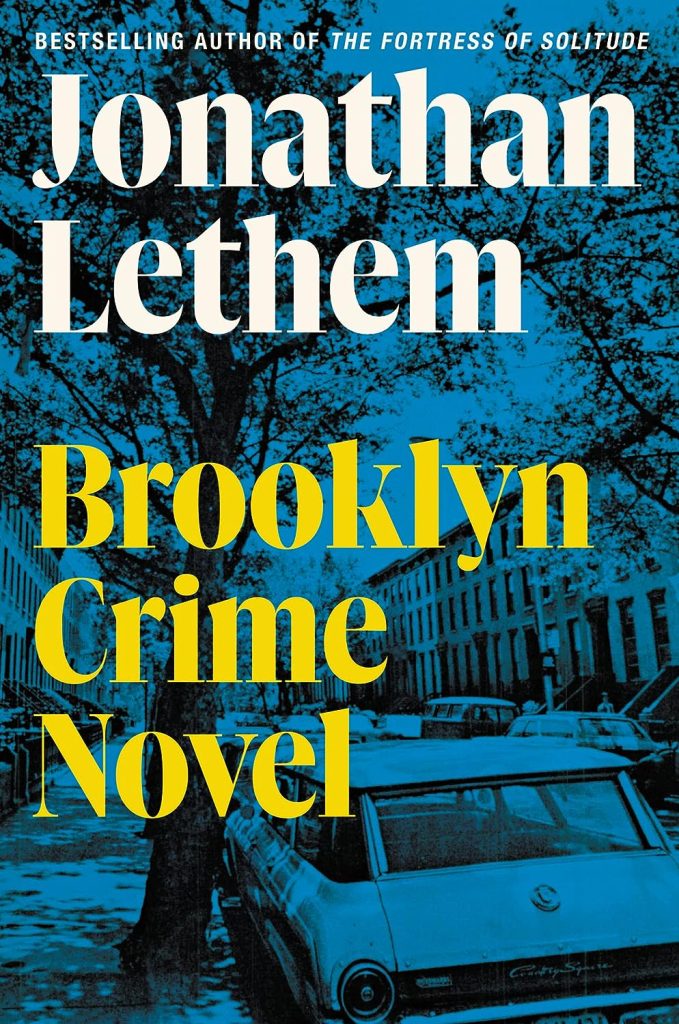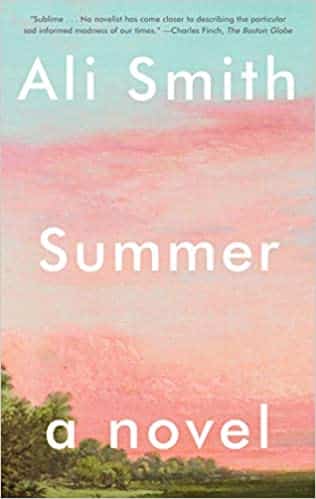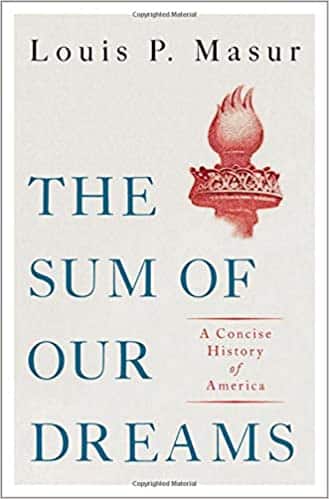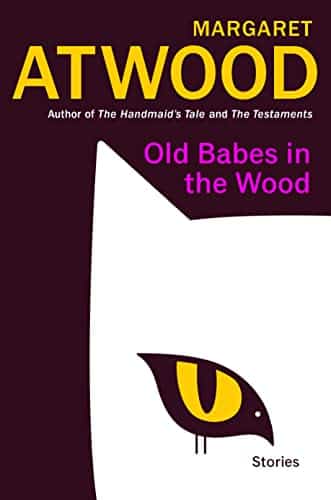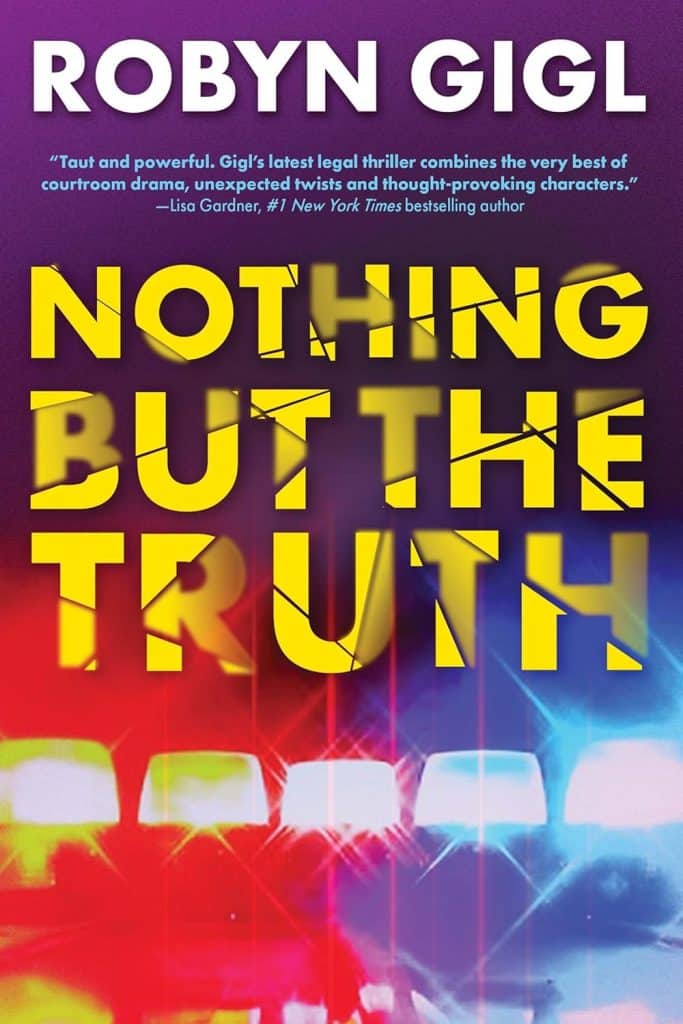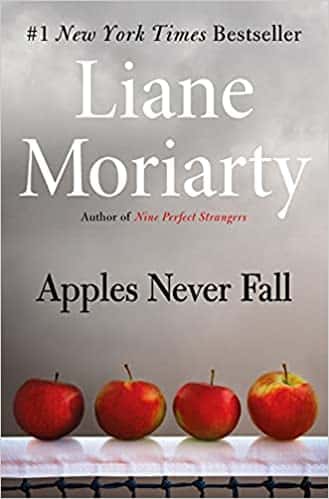
After 42 Months: Dancing to My Rhythm!
Shifting the Clocks Doesn't Affect the Rhythm!
Estimated reading time: 2 minutes, 45 secondsAs I slipped into slumber, the clock’s hour hand danced backward, and two a.m. transformed into one a.m., as if time had decided to trick us. This peculiar shift reminded me how we’ve grown accustomed to the biannual ritual of changing our clocks, just as we accept the comforting predictability of Monday following Sunday. When I finally awoke, feeling refreshed and revitalized, I stepped outside into the crisp morning air for a two-hour walk that stretched over six miles. The world around me was awakening, too, filled with the soft glow of dawn, and I was eager to meet my friends Ana and Hugo for a much-anticipated breakfast, where we would share laughter and stories to brighten our day.
Spending time with good friends brings me joy almost as much as seeing my grandchildren. After leaving Toast, we made plans for a pedicure, enjoyed a walk, and chatted for a few minutes on a day when the chill had faded and the sunshine warmed the air. Once I arrived home, I started doing laundry and finalized my shopping list. Then, an email notification caught my attention: “It’s November 3rd, and Early Voting Ends Today.” I was okay with the end of early voting since I preferred to wait and cast my vote on Election Day.
However, the date of November 3rd stopped me in my tracks. Forty-two months ago, my wife passed away. I don’t think about that day often, but since my second grandchild, Wes, was born sixteen months to the day after his grandmother died, I have celebrated the third of each month to honor his birthday. Today, instead of dwelling on the pain of my loss, my mind focused on how far I have come. Despite losing a tooth last month and feeling anxious about aging, I have practiced conscientious reliance. I do this by walking, reading, worshiping, volunteering, and striving to be the best version of myself.
In the early stages of grief, time often felt like it was standing still. Even after coming to terms with the reality of my wife’s absence, I had moments where I believed I could revisit the joyous highlights of our beautiful life together. The birth of Wes was a turning point for me; it made me realize how important it was to embrace a future without her, not just for myself but for my family, friends, and community. As Thomas Cahill beautifully put it in “The Gifts of the Jews,” recognizing the linearity of time is one of the most profound gifts we have received.
Let us celebrate this beautiful journey through time, where every change is a note in the grand composition of our lives—a reminder that, whether the pace is fast or slow, each moment offers a chance to dance to our rhythm. Each step I take moves me further into an unknown future. While I genuinely wish my wife could be here to share this journey with me, I understand that I must face each day without her. Three and a half years later, I have found the strength to laugh, to love again, and to regain my belief in myself, even as I carry her memory with me.





